Keywords: Security
There are more than 200 results, only the first 200 are displayed here.
-
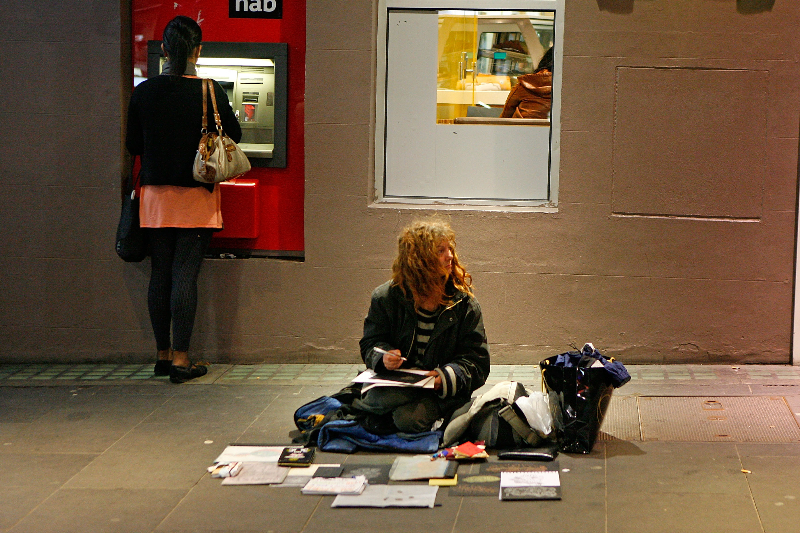
ECONOMICS
- John Falzon
- 04 January 2022
7 Comments
When you put rising housing costs alongside stagnating wages, an alarming trend in normalising insecure work, persistent unemployment and underemployment, and statutory incomes that are going backwards in real terms, there’s good reason to be deeply worried about an increase in homelessness.
READ MORE
-
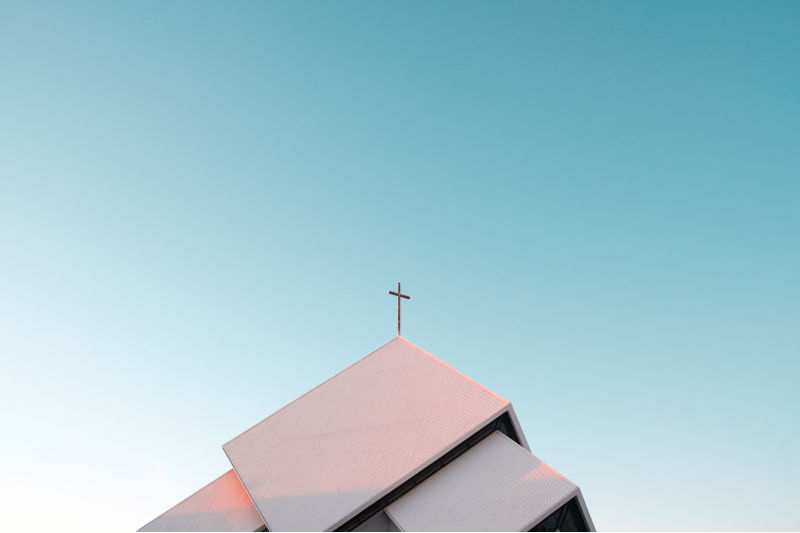
RELIGION
- Andrew Hamilton
- 04 January 2022
12 Comments
The exchanges within churches echo trends in national life that heighten disagreements, lessen respect, and tend to confine conversation circles to people of similar views. People become annoyed if those opposing their views gatecrash their forums. This trend creates problems for Church sponsored publications.
READ MORE
-
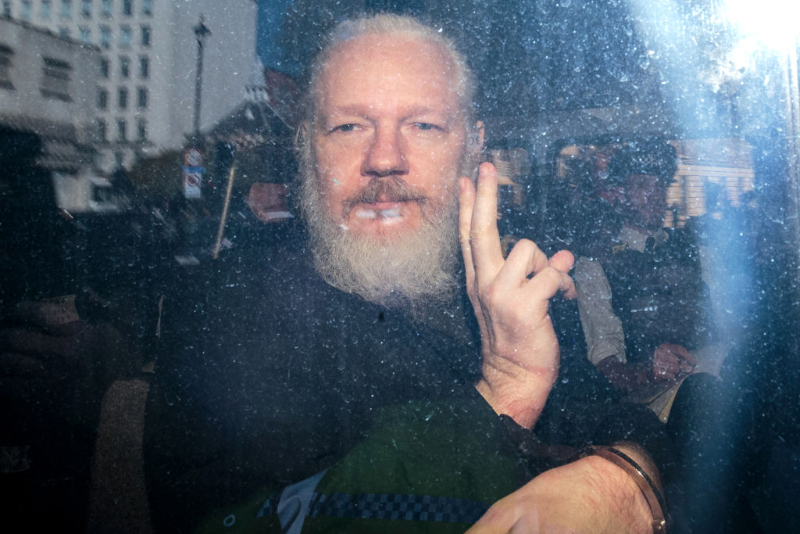
INTERNATIONAL
- Binoy Kampmark
- 16 December 2021
18 Comments
The legal pursuit of Assange is disturbingly unique not only for using an archaic law against a non-US national; it is also the first instance of an international application of it against a publisher. The law, if applied in the way suggested by the charges, criminalise the receipt, dissemination and publication of national security information, irrespective of motive. If the US Espionage Act 1917 were applied in this way, it would appear to subvert the free press provision in the United States Constitution.
READ MORE 
-
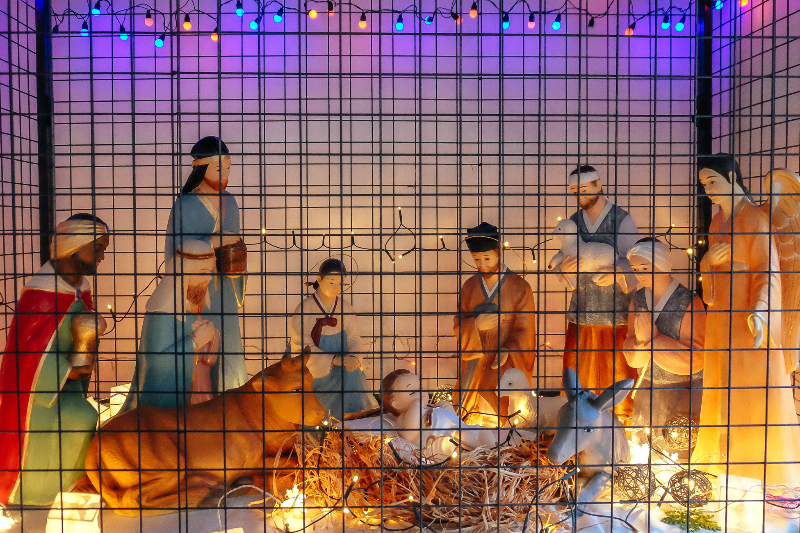
RELIGION
- Andrew Hamilton
- 16 December 2021
19 Comments
Christmas is always a mixture of nostalgia, weariness, connection and hope. This year the strands that compose it are even more tangled. We hope to return to the pre-Covid normal of celebration without anxiety. We look forward to the New Year as a gate to freedom to travel, work and plan our lives without hindrance. At the same time, however, our plans are conditional. We realise that Covid has not left us, and that its mutations may lead to more interruptions and restrictions.
READ MORE 
-
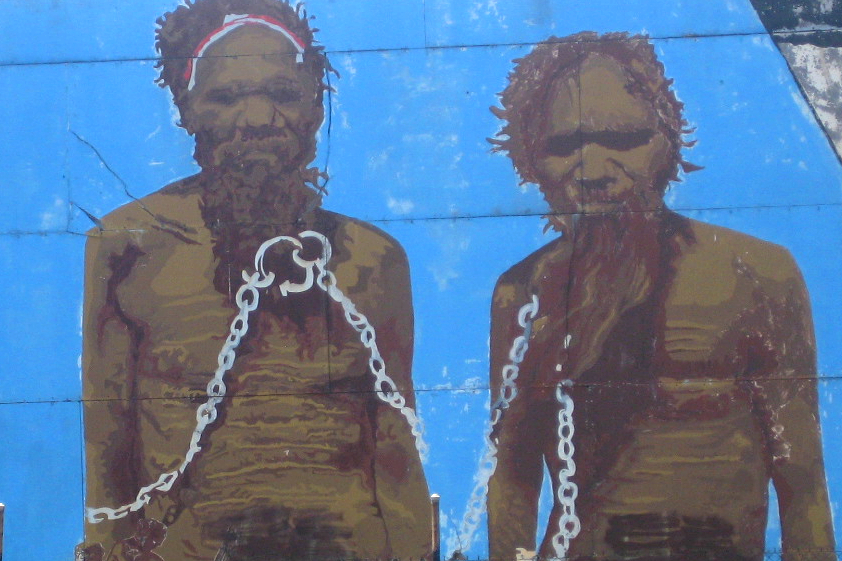
AUSTRALIA
- Brian McCoy
- 14 December 2021
15 Comments
I don’t write to State Premiers very often. However, a month ago I did. It was to the Western Australian Premier, Mark McGowan. It was not about Test cricket, the Juukan Gorge or opening the state’s borders. It was in relation to a photo on the front page of The Australian on the weekend of the 6/7 November showing an Aboriginal man in Western Australia boarding a plane under arrest. He was barefooted and with both a wrist and ankle chain.
READ MORE 
-

ARTS AND CULTURE
- Gillian Bouras
- 25 November 2021
32 Comments
Attitudes towards truth have changed. Now we accept the idea that there are different sorts of truth: the phrases historical truth, narrative truth and emotional truth come trippingly off the lips of vast numbers of people. Then there are the complex notions of fantasy and fiction: we have long subscribed to the notion of novelists making up various ‘lies’ or fantasies in order to tell underlying truths about human nature. But we also have to accept, I think, that a gentleman’s word is no longer his bond.
READ MORE 
-
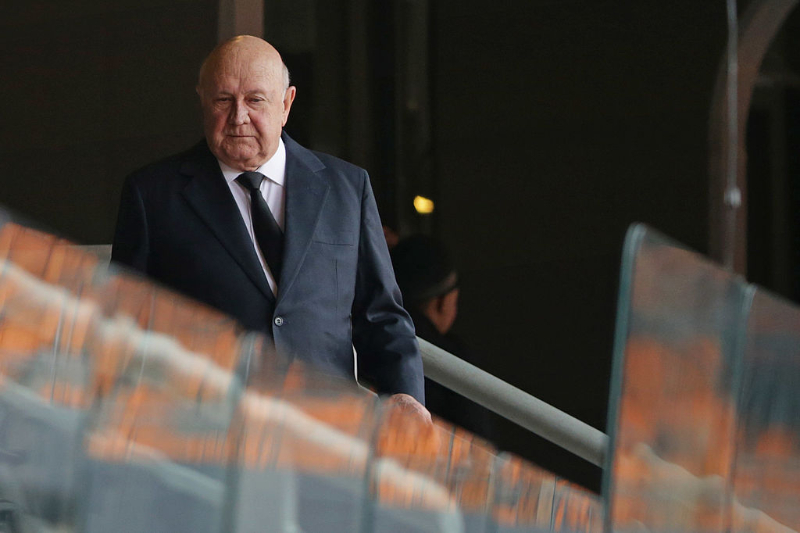
INTERNATIONAL
- Binoy Kampmark
- 23 November 2021
51 Comments
The passing of South Africa’s last apartheid president, FW de Klerk, raises pressing questions about a complex historical character who, according to his brother, Willem de Klerk, slowly outgrew apartheid. In a critical sense, he was bound, understandably, by both time and context: race, the need to defend a racial hierarchy, the historical role of a segregationist system that saw his all-white National Party retain power for decades.
READ MORE 
-
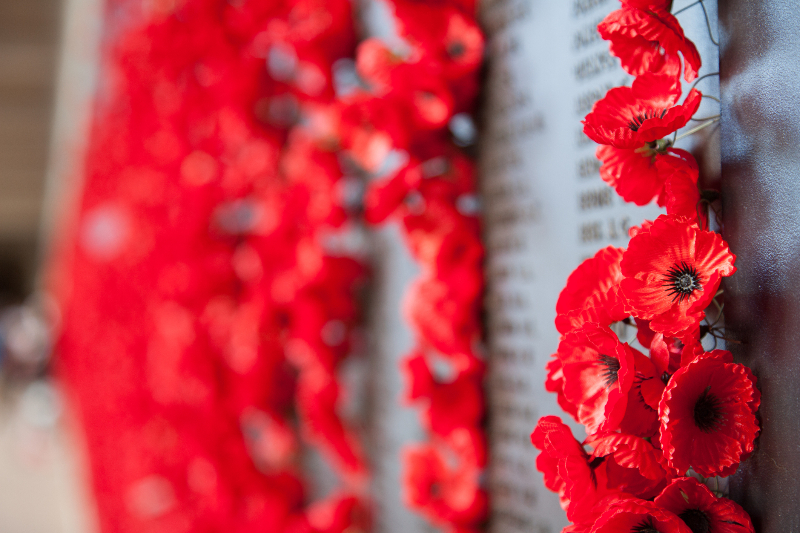
AUSTRALIA
- Andrew Hamilton
- 10 November 2021
13 Comments
Aficionados of United Nations Days and Weeks will know that this is the Week of Science and Peace. In the middle of it, perhaps deliberately and certainly paradoxically, sits Remembrance Day. Initially called Armistice Day, it marked the end of the First World War and of the industrial scale killing involved in it. The events of 1918 and what they might say about the relationship between war and science merit reflection today.
READ MORE 
-
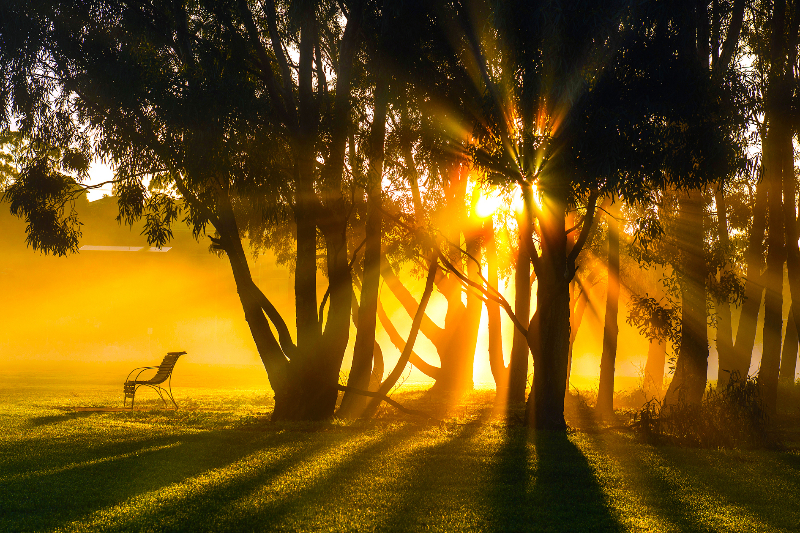
ARTS AND CULTURE
- Andrew Hamilton
- 26 October 2021
4 Comments
These weekday mornings all is quiet. / I stroll across the highway, / a piddle of cars in the outbound lane, / a puddle at the distant lights. / Along the parkland trail / cowled figures walk alone, / measuring their distance. / From the rise above the railway cutting / Macedon stands burly in the smoke-free air.
READ MORE 
-

AUSTRALIA
- Tim Hutton
- 21 October 2021
10 Comments
The pandemic has been a clear demonstration that science is a method, not an endpoint. It is an ongoing process of hypothesising, testing, and interpreting the results of those tests through public policy. Though the hypothesis may be accepted or rejected, these interpretations are unlikely to be absolutely definitive statements or recommendations and are usually made with varying degrees of certainty.
READ MORE 
-
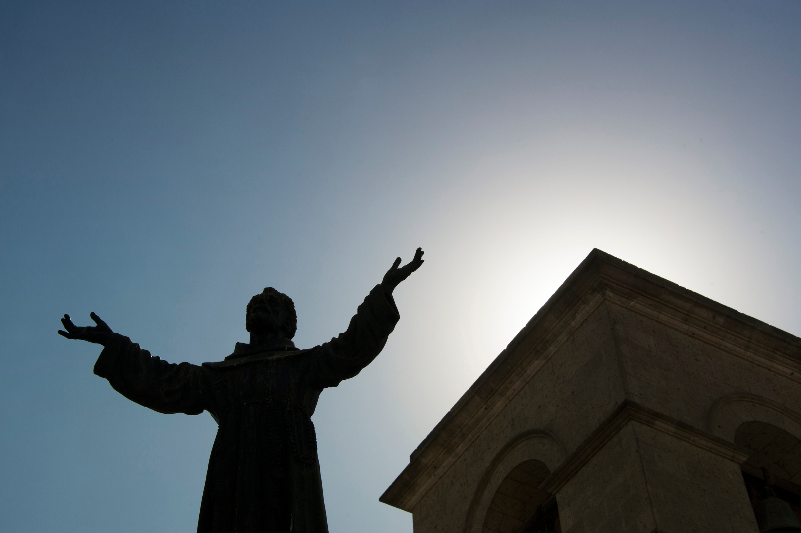
FAITH DOING JUSTICE
- Andrew Hamilton
- 29 September 2021
7 Comments
In the Catholic calendar the Feast of St Francis of Assisi falls on next Tuesday. Although he gave up on wealth, power and influence Francis probably had a bigger effect on his world than any of his contemporaries. He continues to attract people to challenge the values of our society and to spark renewal in Christian institutions at the risk of going stale.
READ MORE 
-
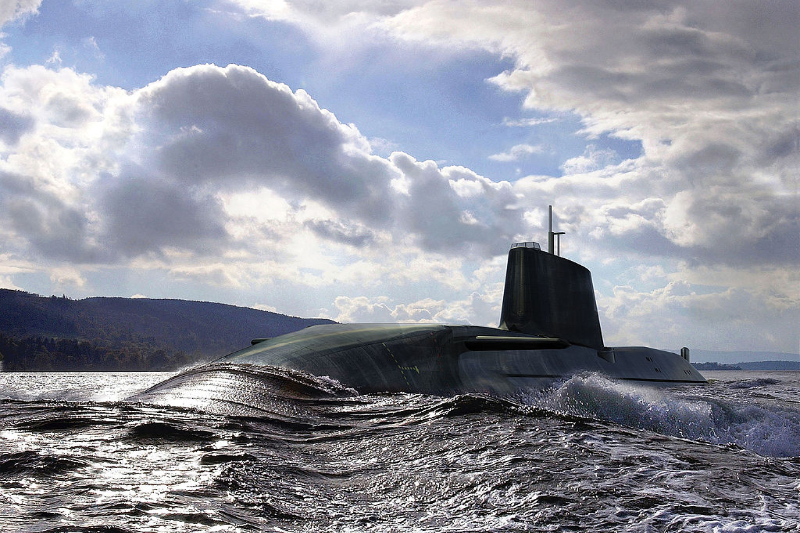
AUSTRALIA
- Vincent Long Van Nguyen
- 28 September 2021
12 Comments
The Australian Government’s decision to buy nuclear-powered submarines has brought to the surface once again big questions around how governments should spend money, particularly during a pandemic. The Government has ditched a $90 billion plan for French submarines in favour of even more expensive boats from the United Kingdom or the United States.
READ MORE 